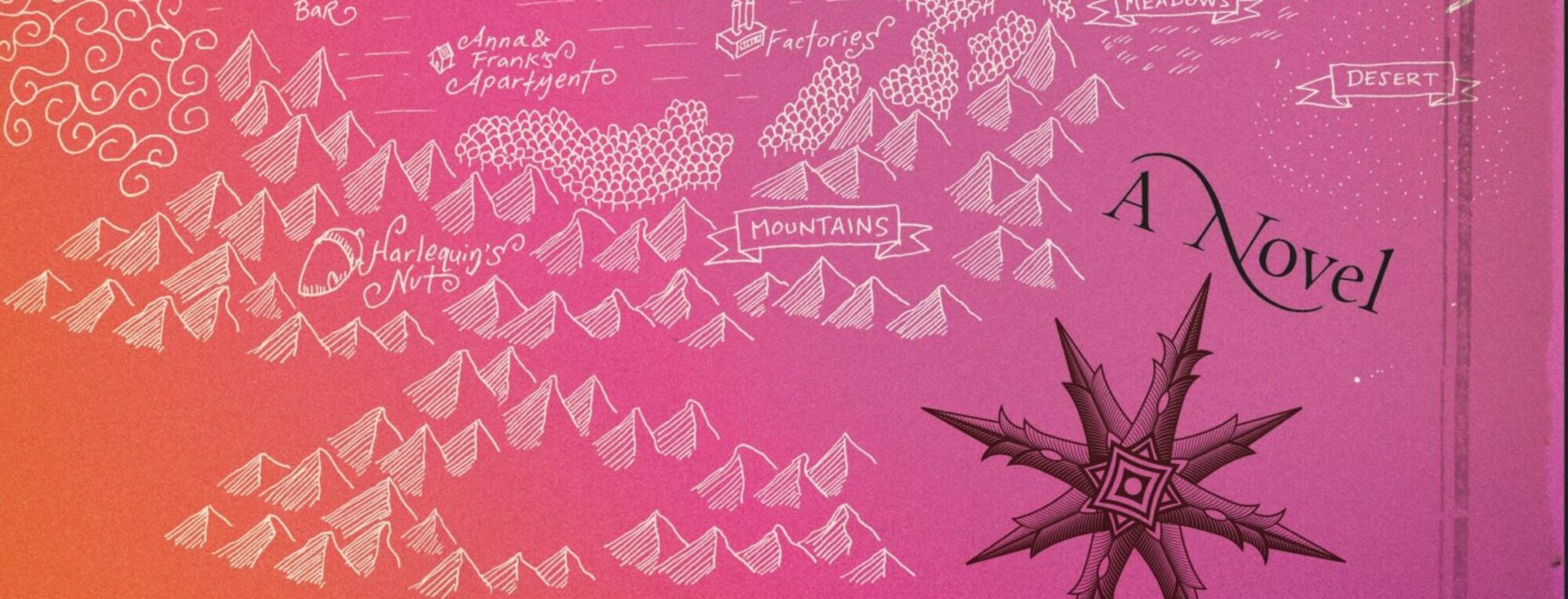
Sometime in the late 90s I got the erroneous idea that Jana Finkelstein was interested in me.
She was a writer who was just coming up, and I was an established writer in the lesbian scene at least, and when it became clear that Jana was impressed with me and had a strong desire to network and hobnob with me, I became somehow convinced that Jana wanted to fuck me.
My erotic radar had never been very good. Its mechanisms had been smashed by a hasty forklift turning sharply in the factory, and I had hardly ever been able tell whether there was a spark between someone and me or I just had too many frankfurters that day at lunch.
In particular, I had often been confused about the difference between someone liking my work and thinking I was smokin’ hot. There was the horrible time a sweet young staffer at a gay rights organization in DC had gotten me tickets to Bill Clinton’s inauguration, and I had assumed that rather than just being nice to a journalist, the girl was ready for a night of love. Then there was the lissome woman in Queer Nation who’d exclaimed, “Wow, so you’re Donna Minkowitz! I really love your journalism,” and I’d thought we’d definitely be eating spicy crab and playing footsie in a week or two.
It wasn’t simply that I was a cad, although one effect and perhaps cause of my confusion was that I was. More than that, though, I was spectacularly clueless, erotically colorblind.
I guess I had been brought up with two fundamentally contradictory but powerful assumptions about myself: that I was a stinking, livid turd freshly emitted from the ass of a sewer troll and the brightest human being in New York City.
This was what my mother had always told me — both things. First one, then the other, alternating.
This impacted the whole of my relations with other people. I suppose it’s natural that I saw the entire sphere of the social as subject to manipulations or inducements, like whether I could get someone free tickets to a play, or increase their cultural cachet by having their friends see them with me, the famous lesbian Village Voice writer. (By extension, if I ever exhausted the pool of free theater tickets, or if my writing ever stopped being published, I thought that no one would ever want me.)
In all fairness to my mother, she had made a similarly vertiginous assessment of her own value as a person. What she painstakingly taught my sisters and me as soon as we could hear was that the dividing line between paradisic charisma and worthlessness was horrifically narrow, and that it fluctuated in a strange and dizzying fashion. We could do hardly anything to affect which quadrant the needle fell in, but we must affect it, must perfectly and unerringly affect it at every moment and steer it into the right corner, at the cost of an unnameable terror.
So I was both desperate and “utterly confident,” naked and clothed in a fake armor of perfection — so that when Jana came by and remarked that she used to live in the same apartment building as me and had always been tickled to be my neighbor, I felt buzzed, anxious and under terrific obligation all at once: Here was some of this mysterious current of being liked, which alone — in the form of praise, sexual attention, publications, awards, and coffee dates — could certify me against the fecal. Continue reading “On Wanting to Be Liked”
Like this:
Like Loading...


